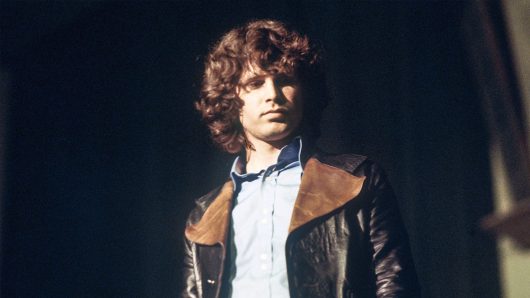It’s a tragic fact that enough musicians have died at the young age of 27 for them to be known, collectively, as members of the “27 Club” or “Forever 27”. Whether through misadventure, foul play or the hard-living lifestyle that some artists embrace, their deaths have left huge gaps not just in the lives of their fans, but in the lives of the loved-ones they left behind. Some of the causes of death remain unresolved, but all of them have left a bigger question behind: the “what if?” of unfulfilled potential – of losing a tragically young artist while they’re still in their prime.
Who is in the 27 Club?
Reluctant “members” of a unique group, the 27 Club includes everyone from blues pioneers to countercultural 60s icons, blossoming hip-hop stars and remarkable singers who, despite their short time on this earth, became hailed as voices for their respective generations.
This chronological look at all 54 members of the 27 Club spans a century of music-making, reminding us of the much-loved artists we’ve lost, and the sheer talent it takes to create lasting, world-changing music.
Alexandre Levy (1864-1892)
Though history did not record the cause of Alexandre Levy’s death, enough biographical details about the São Paolo-born pianist have emerged, making it clear that he was one of Brazil’s most important composers. Born to the French immigrant Henrique Levy, owner of Casa Levy, a concert venue and sheet-music store, Alexandre made his first public appearance at the age of eight, and began to publish his own compositions at the age of 16. With a precocity that drew comparisons to Mozart, Alexandre studied in Europe before returning home a composer and music critic. One of his final compositions, Samba, from the four-part Suite Brésilienne, helped bring what was then considered a slave dance into the wider public consciousness.
Cause of death: Unknown
Must hear: Samba




